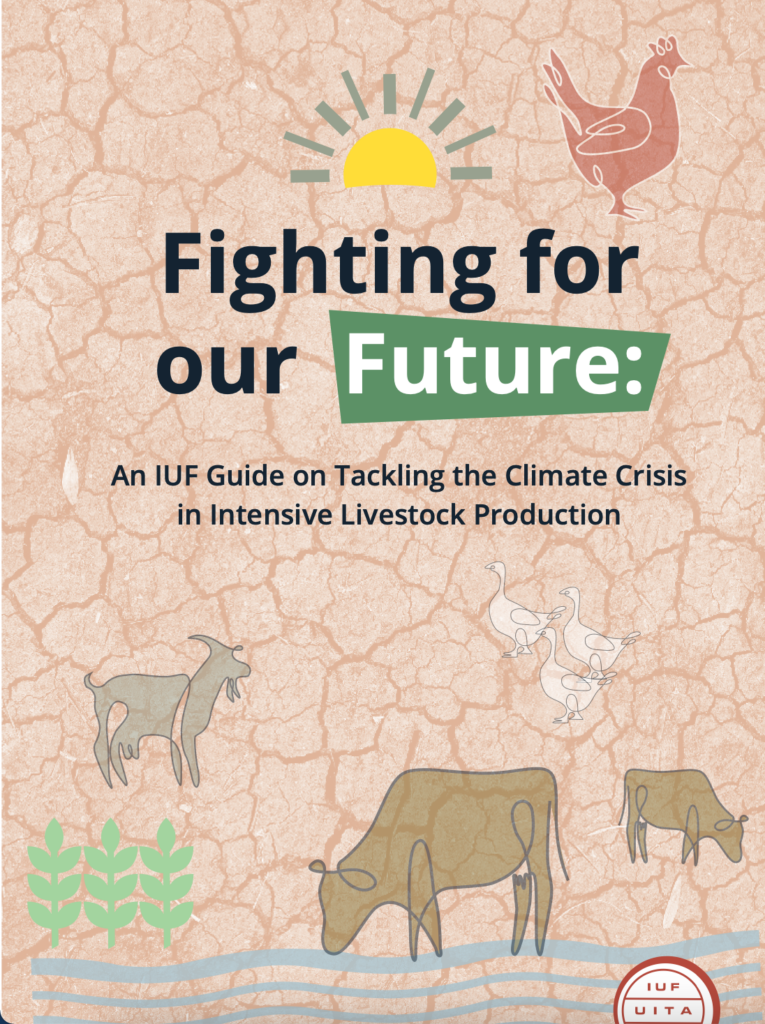The fight to defend public energy in South Africa has grown more intense in recent weeks. The country has been hit by years of power cuts (“load shedding”) that is, TUED and its allies have argued, the direct result of years of political attacks on the public utility known as Eskom.
In a major statement on July 26th, President Ramaphosa announced that the private sector was ready to address the country’s growing energy crisis, and the government intended to remove “red tape” in order to invite more investment from so-called independent power producers (or IPPs). South African Broadcasting Corporation footage of Ramaphosa’s statement is here. It includes a response from TUED’s Sean Sweeney towards the end of the broadcast that warned against expecting private companies to come to the rescue.
The day after Ramaphosa’s statement, unions and allies in the social movements came together in Johannesburg to form a United Front to Address Loadshedding and resolved to fight for an alternative “public pathway” approach to energy transition. The meeting was organised by the Alternative Information and Development Center and TUED.
Endorsing the United Front are key unions, including the National Union of Mineworkers (NUM); the Association of Mineworkers and Construction Union (AMCU), the South African Trade and Allied Workers Union (SATAWU), and the South African Federation of Trade Unions (SAFTU).
See: Full statement and signatories to the United Front initiative.
A similar statement was released by NUMSA .
Trade Unions for Energy Democracy (TUED) is a global, multi-sector trade union initiative to advance democratic direction and control of energy in a way that promotes solutions to the climate crisis, energy poverty, the degradation of both land and people, and responds to the attacks on workers’ rights and protections. TUED is is part of the Global Labour Institute Network.



